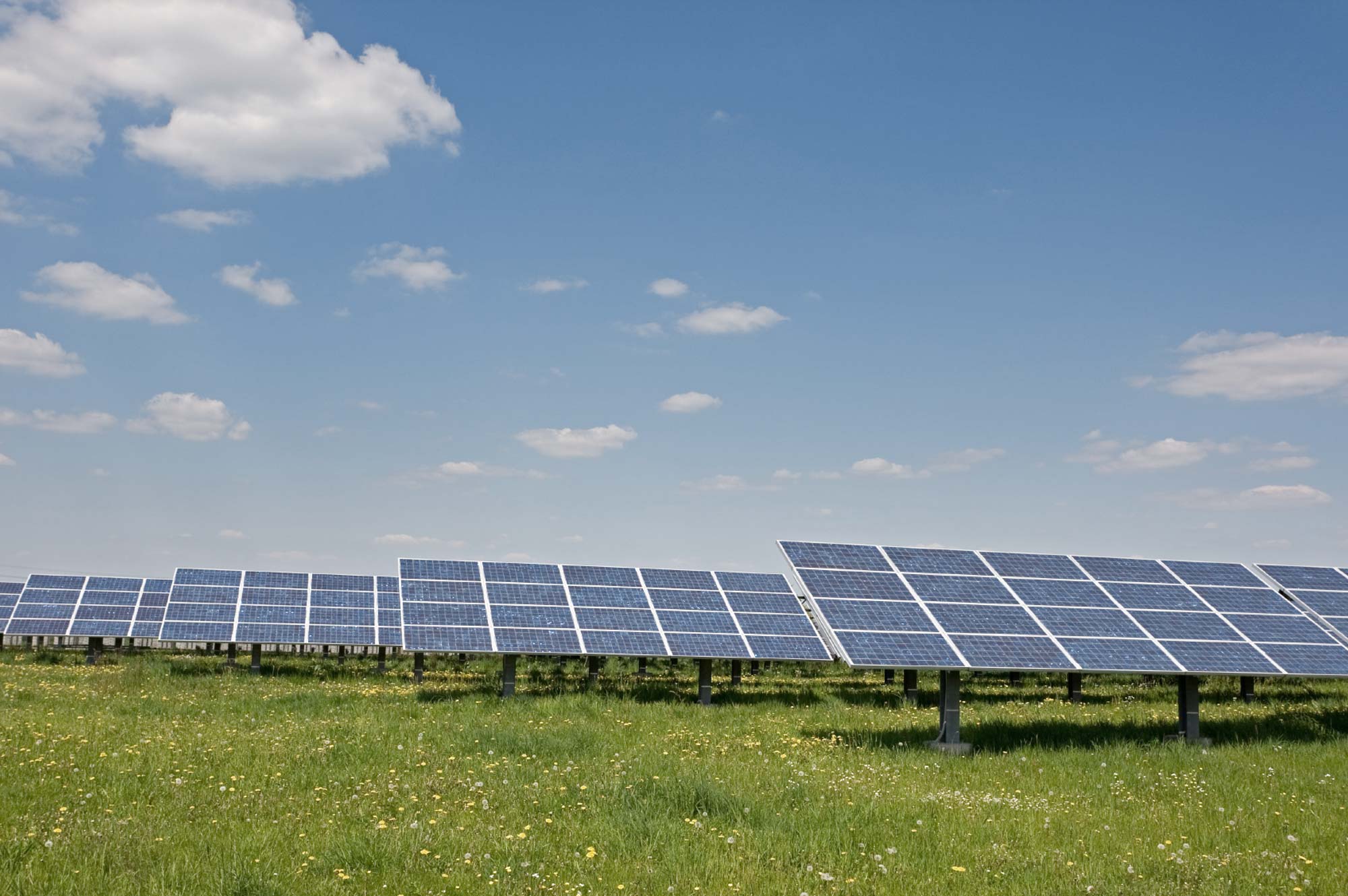Women and climate change
While climate change affects many regions of the world, its social impact depends on the social structures and gender roles prevalent in the societies inhabiting those parts of the planet.
Often women bear the brunt of environmental transformations since their social function is closely tied to their family household.
At the same time, again inhibited by social structures, women have less impact on their environment than men.
Climate change risks aggravating this problem.
What was the Greens' position?
The Greens believe that the mechanisms of climate change also need to be analysed from a gender perspective.
Thus we are pushing for more women to be included in all levels of EU climate policy, especially in decision-making positions.
We are calling for delegations to comprise at least 40% women.
Furthermore, we reiterate the need to mainstream gender aspects in all stages of the policy-making process, from research to policy implementation.
Did other MEPs accept the Greens' position?
The Greens succeeded in raising this issue at European level.
Not only was the Resolution adopted with cross-party support, the Green MEP in charge of the dossier, Nicole Kiil-Nielsen, also launched a campaign outside Parliament's plenary activities.
Which points did the Greens lose?
Procedure:Own-initiative procedure
Reference(s):2011/2197(INI)
Lead MEP:Nicole Kiil-Nielsen (GREENS/EFA)
Green MEP responsible:Nicole Kiil-Nielsen
Voted:20/04/2012
Staff contact:Elisabeth Horstkötter (Email)
Outcome of the vote
Below you find the results of the final vote in plenary. How did the political groups vote? What about national delegations? And what was the position of your MEP?
